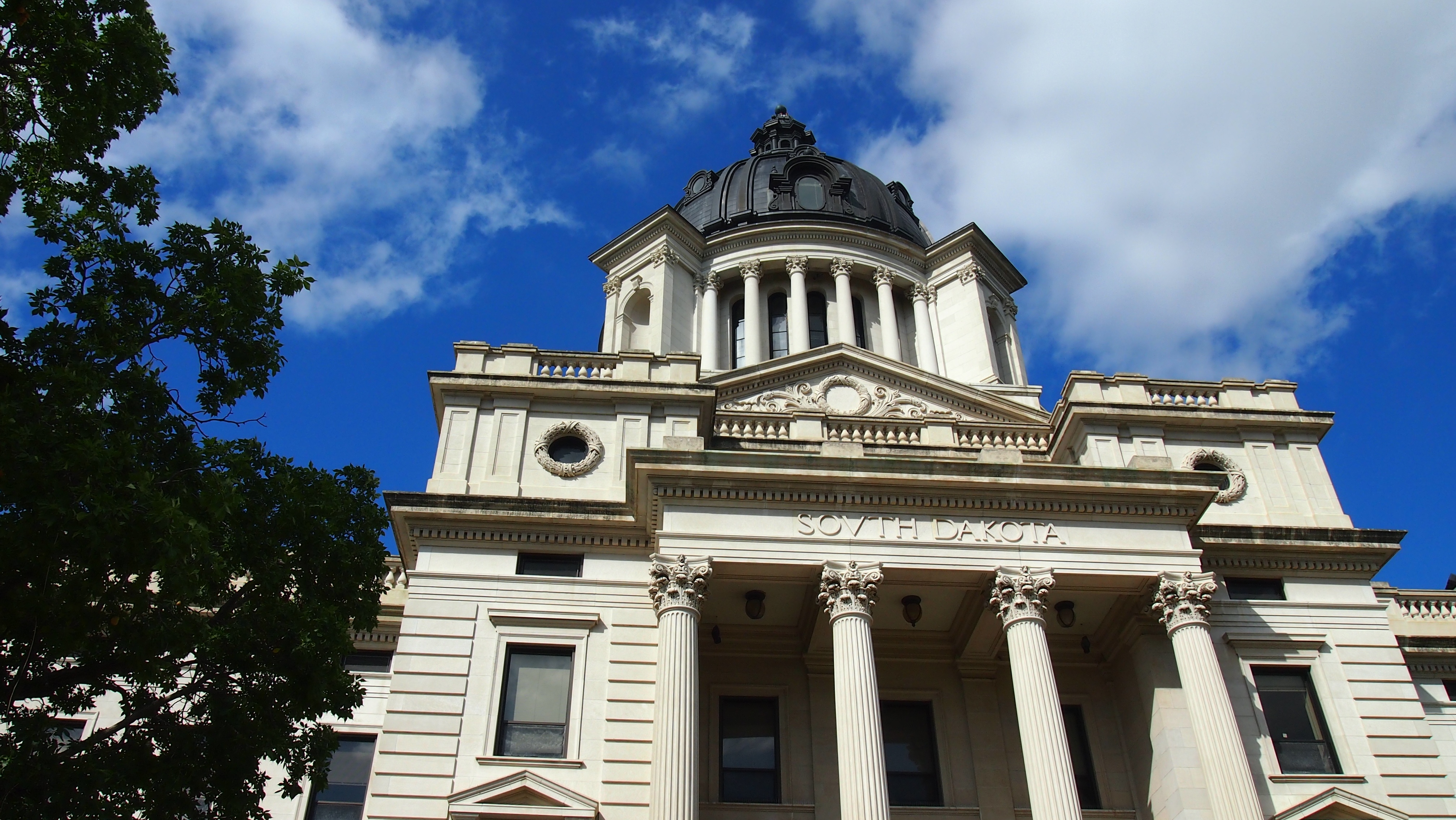
- Details
- By Darren Thompson
PIERRE, S.D. — The South Dakota State House of Representatives passed a resolution on Tuesday, March 2, 2021, acknowledging and honoring the survivors of American Indian boarding schools. House Concurrent Resolution 6014 was introduced and sponsored by State Rep. Peri Pourier (D—Pine Ridge), who is an enrolled member of the Oglala Sioux Tribe.
“This passage from the House of Representatives speaks volumes towards reconciliation,” said South Dakota Representative Peri Pourier to Native News Online. “The acknowledgement of the suffering and abuse while honoring survivors’ resiliency is long overdue.”
The resolution was adopted in a 52-17 vote.
Boarding schools for American Indian children began in 1860 when Methodist missionary James Wilbur established a vocational Indian Boarding School on the Yakima Indian Reservation in the state of Washington as part of the Yakama Indian Agency.
Boarding schools are considered by many as the principal institution for colonizing Indigenous people. The first priority of boarding schools was to teach the fundamentals of European academic education, such as reading, writing and speaking English. Christian religious training was taught with the end goal of replacing Indian culture with European values. In other words, their chief goals were to “Kill the Indian, Save the Man,” which is accredited to Brigadier General Richard Henry Pratt.
By the 1880s, the U.S. operated 60 schools for 6,200 Indian students, including reservation day schools and reservation boarding schools. The systematic round up of American Indian children in boarding schools went on through the 1960s.
Children attending the schools were stripped of all things associated with Native life, including speaking their language, visiting and having contact with family, and their long hair was cut short. Physical and sexual abuse was pervasive at many schools, causing many children to run away, often dying in the process only to be buried in unmarked graves. Survivors live with the trauma endured in many of the schools, often managed by Christian denominations.
It wasn’t until the passing of the Indian Child Welfare Act in 1978 that American Indian parents gained the legal right to deny their children’s placement in off-reservation schools.
Child removal is a global issue for Indigenous peoples. Australia’s “stolen generations,” for example, were “mixed-race” Indigenous children ripped from their families with the aim of “breeding out the color” of Indigenous Australians.
In 2007, Canada implemented the Indian Residential Schools Settlement Agreement, in which the federal government formally apologized to former residential school survivors and paid reparations to living victims. In 2015, a report from the Truth and Reconciliation Commission deemed Canada’s residential school policy as “cultural genocide.” The Canadian Museum for Human Rights in Winnipeg, Manitoba, now considers the country’s treatment of Indigenous peoples as simply genocide.
On Dec. 19, 2009, President Barack Obama signed the Native American Apology Resolution, apologizing for past “ill-conceived policies toward the Native peoples of this land.” Unfortunately, the resolution had no impact on federal policy toward Native Americans.
“As a granddaughter, I felt it was my duty to bring this issue forward,” said Rep. Pourier. “This is the first acknowledgment from the South Dakota State Legislature on this very difficult issue.”
More Stories Like This
Native News Weekly (August 25, 2024): D.C. BriefsZuni Youth Enrichment Project Announces Family Engagement Night and Spring Break Youth Programming
Next on Native Bidaské: Leonard Peltier Reflects on His First Year After Prison
Deb Haaland Rolls Out Affordability Agenda in Albuquerque
Boys & Girls Clubs and BIE MOU Signing at National Days of Advocacy
Help us defend tribal sovereignty.
At Native News Online, our mission is rooted in telling the stories that strengthen sovereignty and uplift Indigenous voices — not just at year’s end, but every single day.
Because of your generosity last year, we were able to keep our reporters on the ground in tribal communities, at national gatherings and in the halls of Congress — covering the issues that matter most to Indian Country: sovereignty, culture, education, health and economic opportunity.
That support sustained us through a tough year in 2025. Now, as we look to the year ahead, we need your help right now to ensure warrior journalism remains strong — reporting that defends tribal sovereignty, amplifies Native truth, and holds power accountable.
 The stakes couldn't be higher. Your support keeps Native voices heard, Native stories told and Native sovereignty defended.
The stakes couldn't be higher. Your support keeps Native voices heard, Native stories told and Native sovereignty defended.
Stand with Warrior Journalism today.
Levi Rickert (Potawatomi), Editor & Publisher
